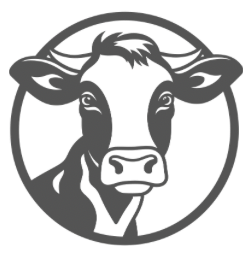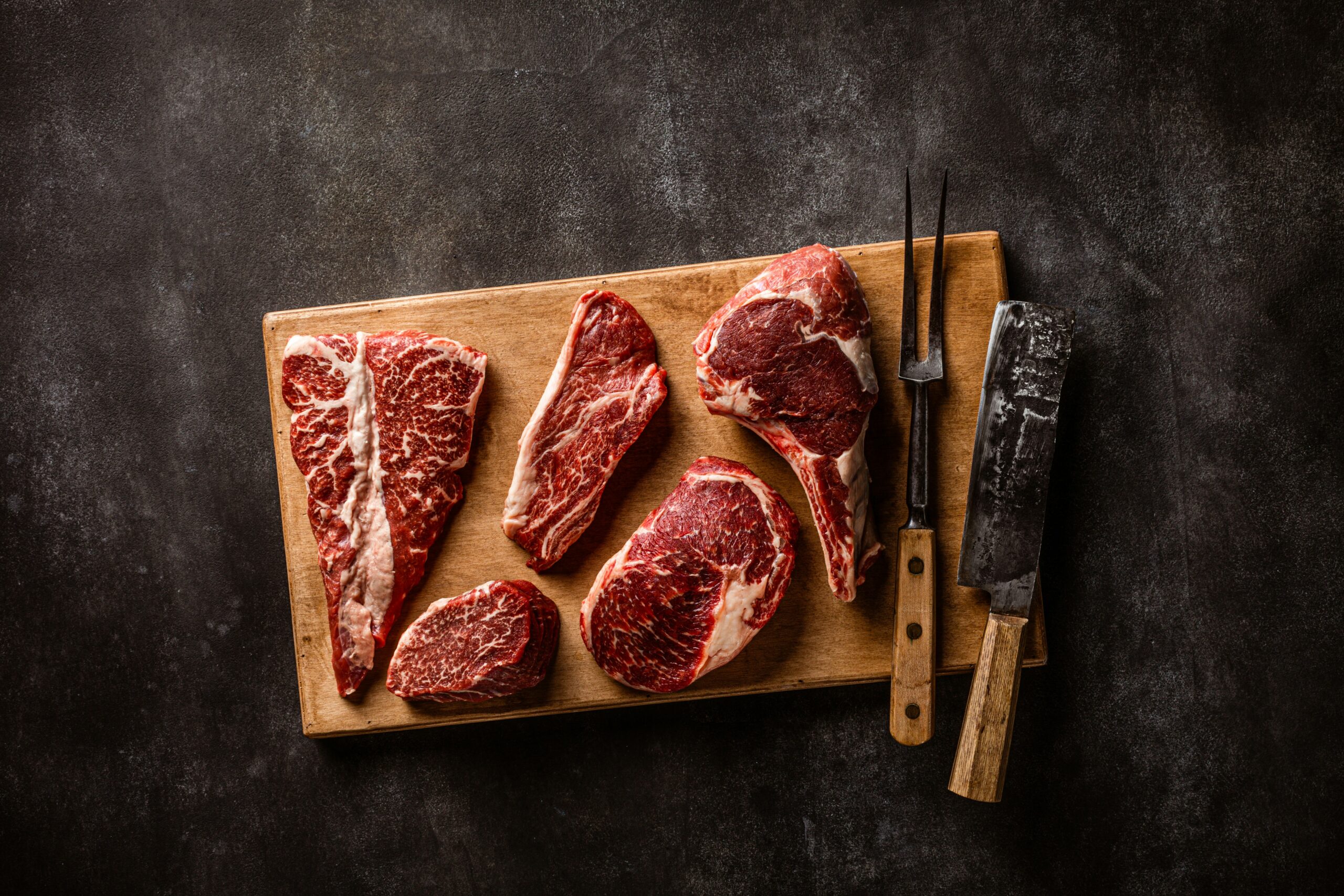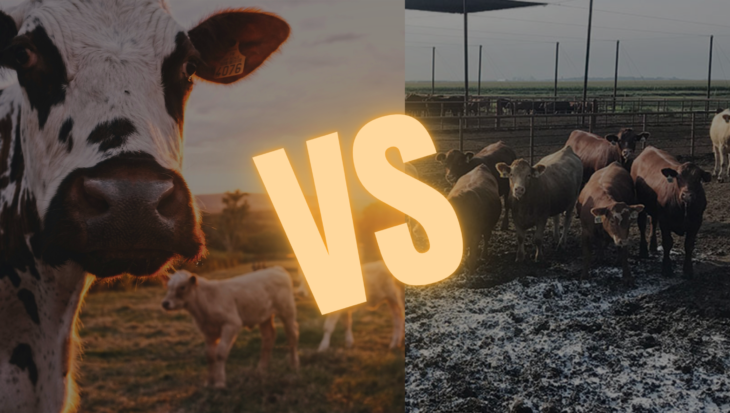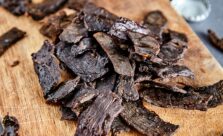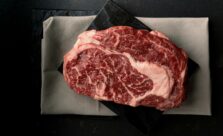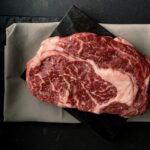When it comes to sourcing meat and dairy for a keto or carnivore lifestyle, quality matters. The nutritional value, flavor, and even the ethical considerations of your food can vary dramatically depending on where you get it. But how do you know which farm to choose?
Let’s explore what factors you should consider when selecting the best source for your meat and dairy needs—and why these decisions matter for your diet.
1. Farming Practices: Know What’s Behind the Label
Farming practices play a huge role in determining the quality of meat and dairy. For keto and carnivore enthusiasts, it’s not just about choosing any farm—it’s about finding one that aligns with your nutritional goals.
Here’s what you need to look for:
- Grass-Fed vs. Grain-Fed Beef
Grass-fed beef is higher in omega-3 fatty acids, which support heart health, and lower in omega-6, which can be pro-inflammatory in excess. It’s also richer in vitamins like A and E, thanks to the animals’ natural diet. Grain-fed beef, on the other hand, is more marbled with fat, but this doesn’t provide the same nutritional benefits. - Pasture-Raised vs. Conventional Dairy
When cows are pasture-raised, their milk is richer in healthy fats and fat-soluble vitamins. Conventional dairy often comes from cows kept indoors on grain-based diets, which can negatively affect the quality of the milk. For raw dairy lovers, it’s crucial to choose farms that follow strict hygienic practices to ensure safety. - Regenerative and Organic Practices
Regenerative farming focuses on rebuilding soil health, enhancing biodiversity, and improving the ecosystem. Farms that adopt these practices not only provide nutrient-dense meat and dairy but also contribute positively to the environment. Organic certification ensures animals are raised without synthetic hormones, antibiotics, or genetically modified feeds.
2. Animal Welfare: Why It Matters for Quality Meat and Dairy
Animal welfare is not just about ethics—it also affects the quality of your food. Meat and dairy from well-treated animals tend to have better flavor and nutrition.
Here’s what to consider:
- Humane Treatment
Look for farms that provide animals with ample outdoor access, room to roam, and a natural diet. Certifications like Animal Welfare Approved or Certified Humane can indicate that a farm meets high standards for animal treatment. - Stress Levels and Meat Quality
Did you know that the way animals are treated before slaughter can influence the quality of the meat? When animals are stressed, their bodies produce more cortisol, which can make the meat tougher and less flavorful. Choosing farms that prioritize low-stress environments leads to a better culinary experience.
3. Sourcing and Traceability: Know Where Your Food Comes From
Do you know where your last steak came from?
Transparency is critical when choosing a farm for meat and dairy. Being able to trace your food back to the source not only builds trust but also ensures the quality you’re getting.
Here’s what to look for:
- Farm-to-Table Practices
Some farms offer a farm-to-table approach, allowing customers to visit the farm, learn about the animals, and even select the cuts they want. This kind of transparency can be a strong indicator of quality. - Traceability Programs
Many farms provide batch numbers or QR codes on their products that allow you to trace the meat or dairy back to the specific animal or batch it came from. If traceability is a priority for you, ask the farm about their tracking systems.
4. Nutritional Quality of Grass-Fed Meat and Pasture-Raised Dairy
For keto and carnivore diets, macronutrient ratios and micronutrient content make a big difference.
Here’s what matters:
- Omega-3 to Omega-6 Ratios
Grass-fed beef and pasture-raised dairy have higher omega-3 fatty acid content and lower omega-6 ratios compared to grain-fed options. This balance supports your anti-inflammatory goals and overall health. - Vitamins and Minerals
Meat and dairy from animals that are raised on a natural diet are richer in essential vitamins like B12, K2, and D, as well as minerals such as iron and zinc. This nutrient density is vital for anyone relying on animal products as a primary food source.
5. Local vs. Commercial Production: Why Supporting Local Matters
There’s a big difference between meat and dairy from local farms versus large-scale commercial operations.
Here’s why local often wins:
- Fresher Products
When you buy local, the time between harvest and purchase is shorter, which means fresher meat and dairy with better flavor and nutrient content. - Lower Environmental Impact
Local farms typically have a smaller carbon footprint due to reduced transportation. Supporting them not only benefits your health but also the environment.
6. Regulations and Food Safety: What You Need to Know
Understanding food safety standards can help you make informed choices, especially if you’re considering raw dairy or minimally processed meats.
Here are some tips:
- Know the Regulations in Your Area
Raw dairy laws vary by state in the U.S., and countries in the EU have different rules regarding meat production and safety. It’s important to know these regulations to avoid potential health risks. - Check for Hygiene Standards
Ask about the farm’s hygiene practices, especially if you’re buying raw or minimally processed products. Farms that prioritize cleanliness and follow food safety guidelines produce safer, higher-quality food.
7. How to Choose the Best Farm for Keto and Carnivore Diets: Practical Tips
Now that you know what to look for, here’s how to find the best farm for your needs:
- Use Online Directories
Websites like EatWild and LocalHarvest provide directories of farms that offer grass-fed, pasture-raised, and organic products. Additionally, newer platforms like MooMap are designed specifically for the community, offering options to connect directly with farmers and butchers. You can also leave reviews or recommend your favorite suppliers, helping others discover quality meat and dairy sources. - Ask for Recommendations
Reach out to online keto and carnivore communities. People are usually happy to share where they source their meat and dairy. - Visit Farmers’ Markets
Talk to farmers directly, ask about their practices, and try samples. This is a great way to vet the quality firsthand.
Conclusion: The Best Meat and Dairy Starts at the Farm
The farm you choose can make or break your keto or carnivore experience. From farming practices to nutritional quality and transparency, every aspect contributes to the overall value of your food. Take the time to research, visit local farms, and ask questions. Your body—and taste buds—will thank you for it.

